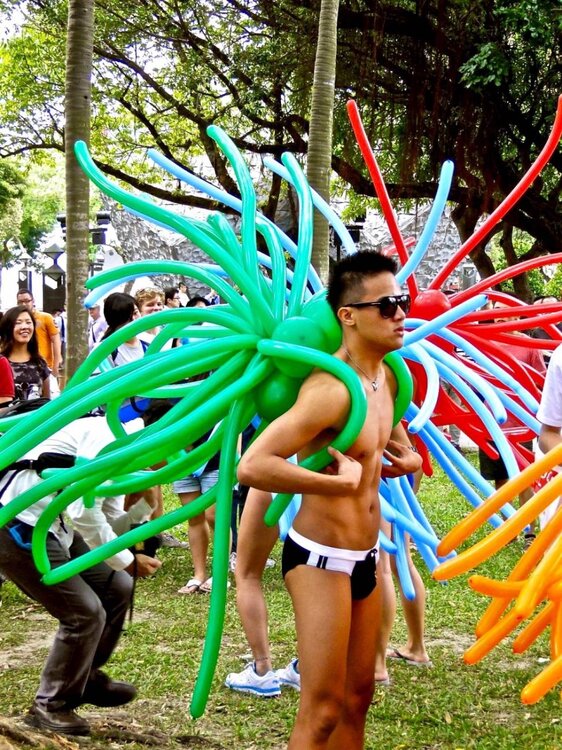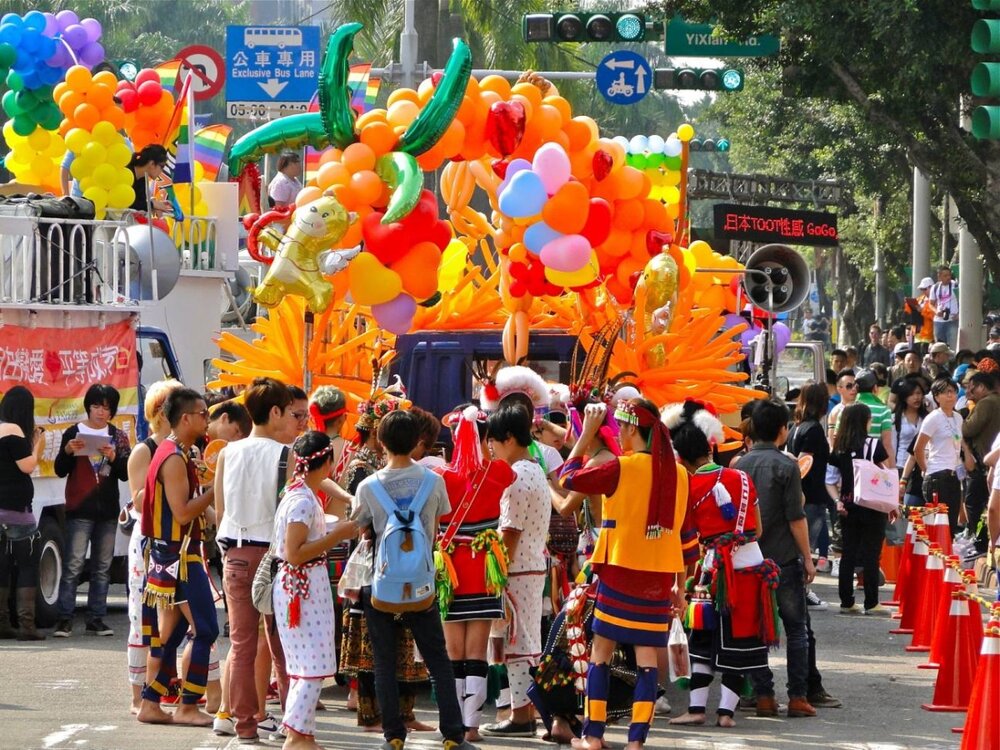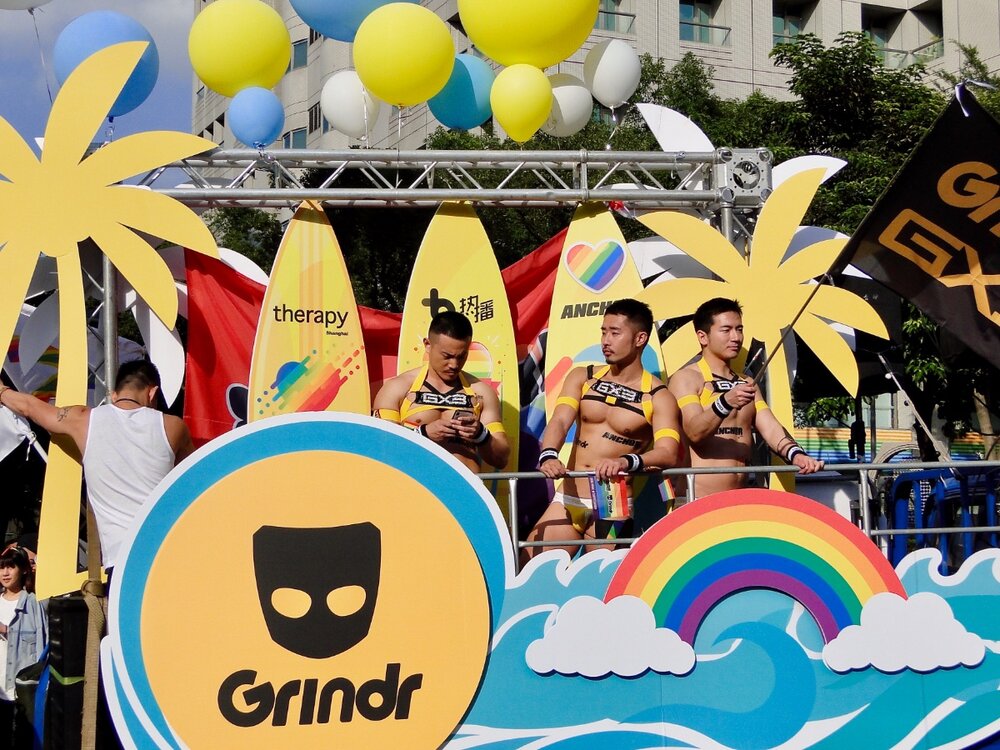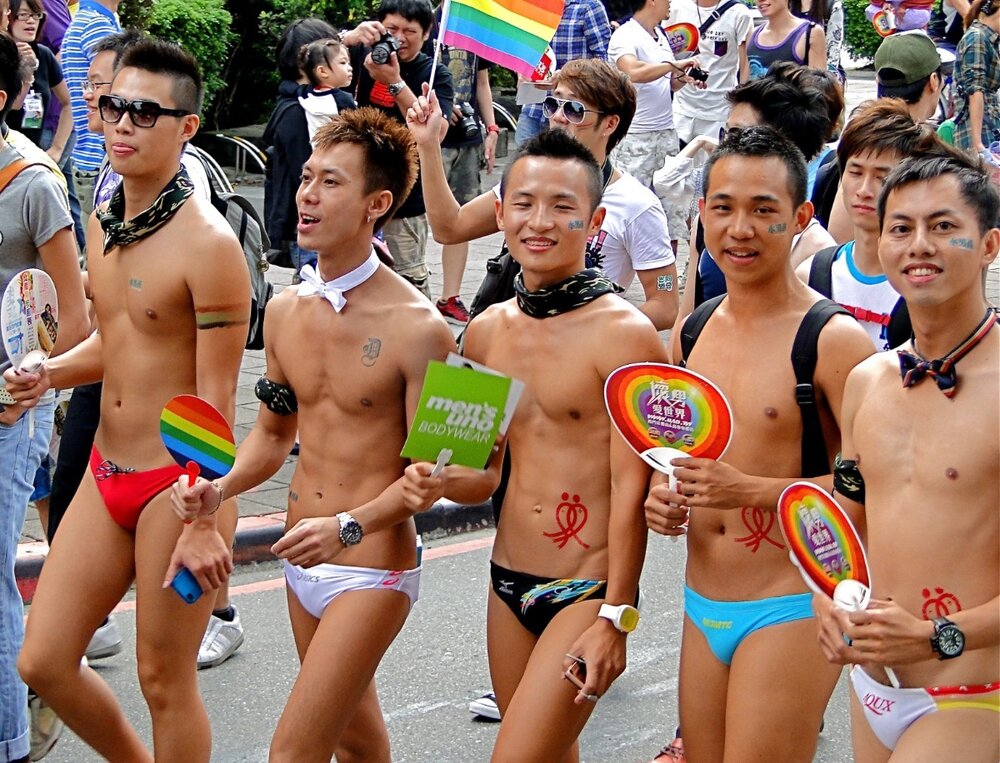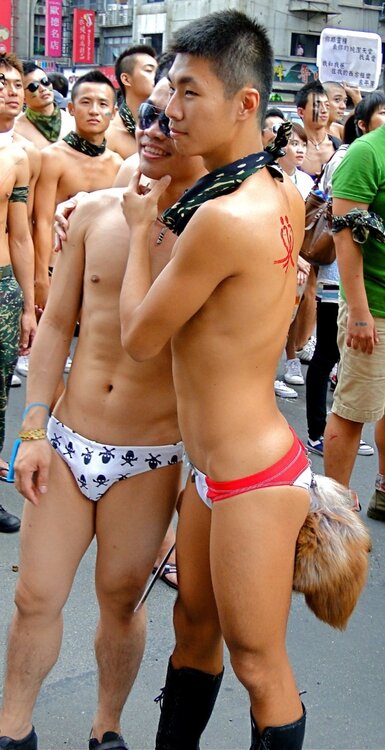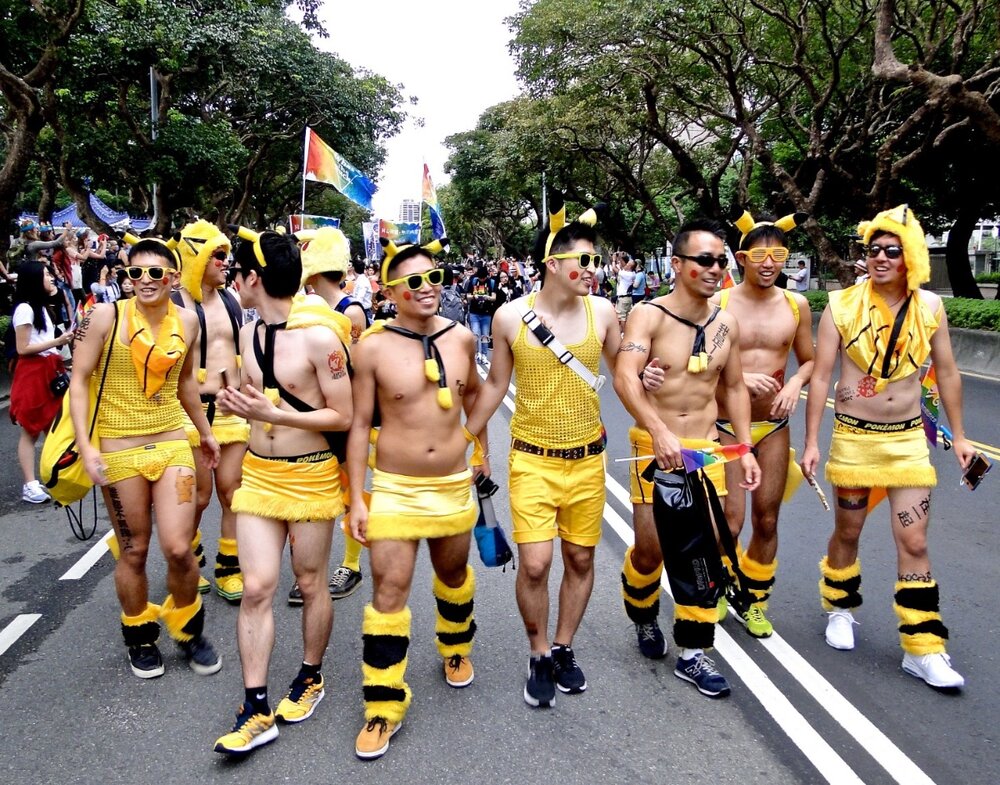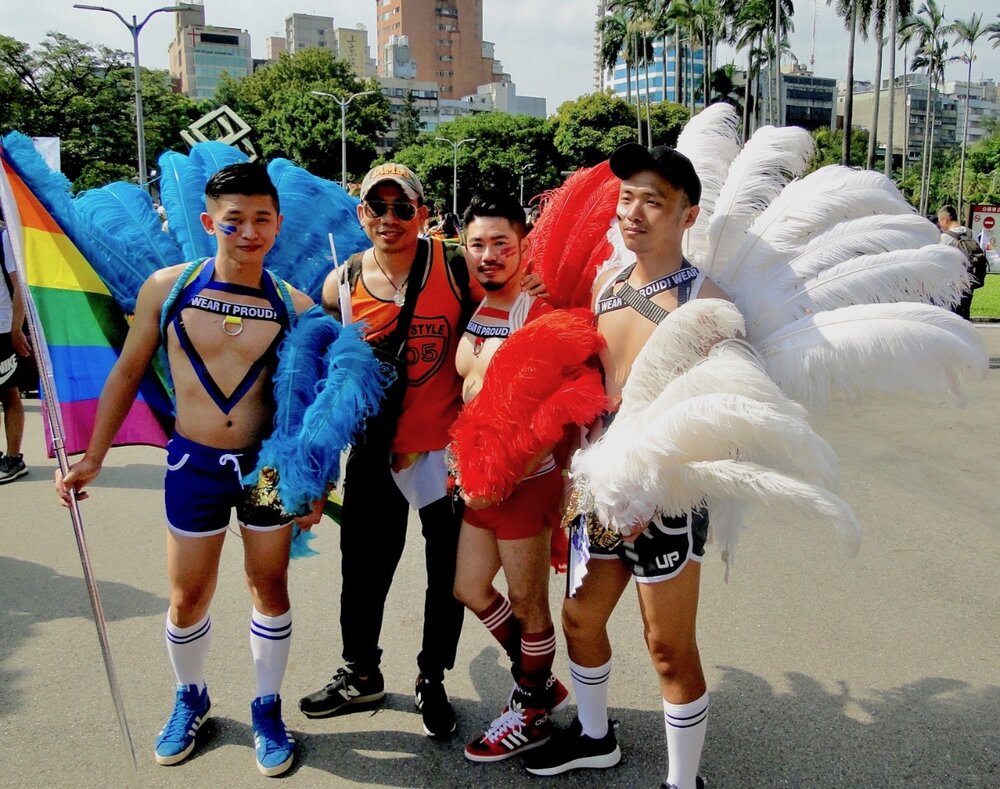
PeterRS
Members-
Posts
6,649 -
Joined
-
Last visited
-
Days Won
402
Content Type
Profiles
Forums
Events
Everything posted by PeterRS
-
We all rant about airlines. It's rather like a national sport! 😀 But please remember that the Skytrax list was compiled from passenger surveys from September 2021 till August 2022. I also think there is virtually an inbuilt feeling amongst many surveyed that they should vote for their national airline.
-
I heard a story about a virtuoso classical pianist named Cherkassky who died in 1995 before the internet was used for airline bookings. For much of his life he lived in London. His hobby was learning much of the massive two-volume ABC Airlines Timetable published every month. He then enjoyed going into a travel agency and telling the lady behind the counter that he'd like to book a flight from London to Sydney. "That will be no problem," would be the regular reply. "Oh, but I think there may be a problem because I want a number of stops and I want the cheapest ticket." He'd then reel off a list of cities and dates he wanted en route. Typical would be Basle, Lodz in Poland, Ankara, Ahmadabad, Chiang Mai (being gay he frequently visited Thailand), Urumqi, Kagoshima and Surabaya. A stupefied lady would then tell him she'd do her best but it might take her 2 days to do all the checking. No problem, he'd say, but it must be the quickest individual flights and the cheapest ticket. 2 days later he'd return and see the same lady. "Well, sir, you really gave me a difficult task but I've finally got information on the ticket you requested." She'd then give him a print out of all the flights, flight changes en route, stop-overs and arrival time in Sydney. At the bottom would be the price. "And you can confirm this has the fastest connections, the earliest arrival in Sydney and the cheapest price?" Yes sir, would be the reply. In his high-pitched voice a smile would come over his face. Looking straight at her, he say, "You're WRONG!" He had worked out a better routing at a slightly cheaper price! And of course he didn't even want to book any ticket. Not a pleasant man!
-
I can't believe the USA has a 20% youth unemployment rate! 😀 But the article points out yet another problem on Xi's ever enlarging plate. I don't think China has faced so many problems since the Cultural Revolution. Compared to what is facing Xi, the Tiananmen Square incident in 1989 was merely a blip. It would be fascinating to be a fly on the wall to hear many conversations going on in Zhongnanhai, the compound for government leaders in Beijing. Is anyone likely to challenge Xi for the leadership as he must surely be vulnerable to being dethroned - but only if there is a movement amongst a number of the leadership and a credible alternative candidate prepared to take him on.
-
That's a rather strange media comment. I wonder how many of those likely to be drafted have enough money in their bank accounts to pay for the massively inflated flight prices out of Russia since the conscription plan was announced, and then to pay for a stay in Thailand? As of September 21, ticket prices to Thailand had risen by between 4 and 5 times the pre-covid price. And to get into Thailand they will have to show evidence of a prebooked ticket out of Thailand. I expect immigration will be on an increased check for Russians coming in to the country on one-way tickets. Then, there are not that many seats available out of Russia to Thailand. Several airlines suspended flights between the countries since the invasion of Ukraine. Reopening of charter services will not start until the high season. So an large influx of Russians seeking to avoid conscription is surely extremely unlikely. https://thethaiger.com/news/national/thailand-to-fly-in-russian-tourists-on-chartered-flights-this-high-season
-
Cathay Pacific was always at or near the top half dozen. Clearly its massive reduction in flights due to covid have resulted in its drop to #16. For two or three years Hainan Airlines was near the top as its service was pretty spectacular based on reports both by posters here and on the Skytrax website. But it overstretched itself and had debt that a year ago was $170 billion! The annual report listed "major uncertainties" about its ability to continue flying. The restructuring has clearly affected route structure and service. As a regular on Qatar for long haul, I agree its biz class is very hard to beat. I am really surprised about the inclusion of Swiss, though. On the Skytrax comments site, the last ten comments starting 23 September have been frightful. Out of a maximum of 10, flyers have given the airline 1, 1, 1, 2, 2, 2, 1, 1, 1, 1. This is partcularly bad given that one comment for Premium Economy has a 1 and one for biz class has only a 2. This is worse even than Scoot where the last 10 economy comments were 1, 2, 1, 1, 4, 1, 1, 3, 1, 2. The annual survey apart, I do think the overall Skytrax comments pages are misleading because they lump all classes together. About 4 years ago I wrote to Skytrax suggesting it is fairer to likely passengers to split the comments into separate sections. By including biz and first class, the overall general star rating is inevitably skewed upwards. I got no reply.
-
Taiwan to resume visa free entry for some countries
PeterRS replied to a topic in Gay China, Taiwan, Hong Kong & Macau
Taiwan has announced it plans to lift quarantine measures on October 13. Plans - but has said if the still high number of daily cases do not continue to decline, the plan will be delayed. Like Hong Kong, though, some restrictions will remain and visitors will not be able to eat in restaurants. -
Anyone else checked the latest airline prices ?
PeterRS replied to abidismaili's topic in Gay Thailand
With sterling seemingly on an extended crash through the floor, I'm sorry for those who still have not booked their flights out of the UK. The currency is now at its lowest against the US$ in 37 years and there's no end in sight. -
I appreciate the sarcasm but I wonder if @vinapu has been caught in real monsoon rain where it is like massive buckets of water being poured over you for well over an hour. Getting to the bar is just one thing. Try getting a taxi at a reasonable price when the rain is flooding down as you want to leave the bar to get home. In fact, try getting any taxi at all!
-
Isn't that one of the great joys of Thai food - the variety you can enjoy at each meal? As most will know the same is true with Chinese meals, although the 7 or 8 different basic cuisines in that country lead to the possibility of even greater variety.
-
NYC weatherman fired over nude photos from webcam site
PeterRS replied to KYTOP's topic in The Beer Bar
Could not agree more. Part of me fully understands the appeal of social media to young kids. One of my great nephews even made some soccer vdos for fun on one of the sites. This was bought by Adidas for around €2,500. He was thrilled. But another part of me totally fails to understand the appeal of revealing all, mentally and/or physically, of even just bits about your life to all and sundry. I have never had any interest in facebook, twitter, tik tok and all those other platforms. -
I can only guess. One is that westerners tend to have bigger pores - I assume because most westerners are relatively hairy. Most guys from southern China, Taiwan, Singapore and other parts of south east Asia have llittle hair on the arms and on their thighs. Only on the lower legs do they generally have some hair. Also they tend not to sweat nearly as much as westerners. I also have read somewhere that their skin is oilier. So their skin is probably tighter and thus smoother. Northern Chinese tend to be considerably hairier - perhaps due to a harsher climate. I have noticed the same in Japanese where those from the north have more hair on arms, legs and some on chests. Interestingly Asians tend to tan more easily than westerners. It's very usual to see young guys with very pronounced tan lines in the summer. Again I have read that this is something to do with melanin. I am not sure if we can post naked photos in this thread, but I have posted in the photo thread one of a group of young Japanese with very marked tan lines.
-
The Pride Parade is a wonderful day. I have been to 7 of the Parades since my first in 2011. My latest was in 2018 when there were more than 160,000 marching. The parties over that weekend are also packed. Other gay venues are also totally full. For my second Parade, I decided to go to a hot spring in the evening. For the first time ever, I experienced a 20-minute queue to get inside the door and then it was another 20 minutes before I could get to the locker area. Glancing at the main pool on the left, I was so surprised I could see no water. It was just packed with naked young guys, almost all Asians. A few photos of previous parades. The first was taken by me but has been stolen from a chat site and is now used in at least two commercial gay sites!
-
Where do you all live & are you planning on living in Asia ?
PeterRS replied to Olddaddy's topic in Gay Thailand
I think I have problably told my story too many times before - so apologies in advance to those who know it. I gave up my job and rented apartment in the UK in my 20s. I had always been adventurous, loved travelling and visited several Europen countries. Then I went to the USA and decided I wanted to work in New York, a city which amazed and captivated me. I returned for a vacation two months later trying to find work. But there seemed none available. Almost immediately on my return a friend asked if I would like to work in Hong Kong. My initial reaction was 'No'. I wanted to go west not east. I knew virtually nothing about Asia apart from a little about the war in Vietnam and the Cultural Revolution in China. But it would be a part of the world I could explore. Even if I disliked the job, it would give me a chance to see quite a bit of Asia that I might never again have a chance of seeing. This was after all a time before mass travel to Asia apart from occasional stopovers on the kangaroo route to Australia. So I did the interview and was offered the job. I dithered for 24 hours as it was a really major move into the unknown. Then I signed the contract. 6 weeks later I was in one of the most stunning and fascinating cities in the world (at that time). Once settled into the job and my lovely apartment (being on expatriate terms thankfully I had an accommodation allowance), I was hooked. I stayed there for far longer than the initial 2 years of my contract - 20 in fact. I explored most of Asia including Bhutan in the year when it had total tourist numbers of just 17,300 (in 2019 it was 319,000). I had also spent 2 years working in Tokyo, a city I found as fascinating as Hong Kong and where I would love to have lived - had there been a job and enough salary to afford it! On all my travels I indulged in a gay lifestyle I could never have dreamed of when I had started working in the UK. In the mid-1990s I had to decide: do I remain in Asia for the rest of my life or should I consider returning to the west? It did not take me long to decide Asia was my home. With a view to eventual retirement, I purchased a small condo in a very quiet residential part of Bangkok. I had visited Bangkok so many dozens of times and enjoyed so much of what it offered, particularly gay life, even though I was aware that later in life I hoped to be settled down with a partner rather than being a typical expat butterfly. So it has worked out. Only once have I considered returning to the UK. I had had an excellent medical insurance policy for decades. By the time I reached 55 I was shocked at the premium increase. Looking at the estimates of forward premiums I realised I had to change to one that would be more suited to Thailand than worldwide.Before the next major premium hike at age 60, I consulted a poster on another Board who the Board owner had consistently recommended as being the best for medical insurance advice. After exchanges of emails and meeting him twice, I went with one of his recommendations. For a few years all went well. Then in the space of just two renewals, I was faced with 103% premium increase. I was furious with this "expert" but also at myself. Had I checked on the insurance company, I would have noticed a lot of correspondence on the internet about its hooking in older people with lower premiums which then get jacked up massively after 65 by which time finding any insurance can be extremely problematic. So I returned to the UK one November/December to spend several weeks staying with many old friends and trying to find somewhere relatively inexpensive where I would be happy living even at the worst weather time. At least I would have the benefit of the National Health Service. I found some beautiful parts in the north west of Scotland and in south east England. But I knew my heart and my mind were by then rooted in Asia. So I felt I had to find a way of making Bangkok work for the future. Thankfully I did. Now, apart from Taipei and Tokyo where I have a network of friends, I could never consider living anywhere else. -
Student praised for daring rescue of boy electrocuted in floodwater
PeterRS replied to a topic in The Beer Bar
Would that most of us had been so brave. This young man deserves more than just enough cash to replace his mobile phone. -
If ever there was a case for US Presidents not having the right to appoint judges, what has been happening over the last few months is surely it. The political and judicial system in the USA is pretty much fucked - as one or both is also in quite a number of other countries. With so many investigations going on against this liar, cheat and con man who follows that awful sleazebag Roy Cohn's playbook almost to the letter totally beats me. Some have been going on for several years. Who is paying whom to keep this idiot out of jail?
-
Sorry, no idea. Difficult to use Ignore if you want to spot holes in the spammer/troll comments/accusations.
-
Not always. The late extremely unlamented Beachlover who got close to ruining at least two Thai chat rooms never claimed he was a victim nor that he was ignorant of how Boards worked.. He just continued to spew lie after lie after bigger lie and trashing other posters when he made mistakes that identified his lies.
-
So said the poster Beachlover. And we know that he was a spammer and a troll. Clearly you don't bother to read others' posts. What you write about your alleged visits has been spelled out in detail over many posts.
-
So says somene who claims to have lived in Thailand for more than 2 decades yet is so naive he writes in one of his early posts about wrong information being posted here by other posters! @RobinHood claims he was actually "TRICKED" into going to Sunee Plaza and knew nothing about it? What a joke! 🤣🤣🤣
-
That is pure and utter b------t! Clearly a poster who has never been to Vietnam and seen what an amazing country it is and what wonderful people the Vietnamese are. I have not been to Cambodia since 2004 but the same was true there. He has obviously forgotten (seems like he never knew) that the Vietnamese had been fighting for the right to run their own country after 69 years of murderous French colonialism before America took what is now agreed as the diastrous decision to go to war to prop up the equally disastrous corrupt, reviled government in Saigon that few Vietnamese wanted. What Vietnam has achieved since peace and full independence after the departuire of the Americans is a near miracle. Perhaps @RobinHoodalso think the Vietnam War with America was still going on when those bar boys he so dislikes were young? 🤣 As for Thailand @RobinHood says No fighting in Thailand? That's another piece of pure b------t! You have lived in Bangkok and never heard of the violence that results in killing and maiming of students at rival vocational colleges? Seems you cannot live in Bangkok. This vdo is part of a much longer documentary which starts with one student from one college being shot dead whilst helping his mother at her roadside stall by a student from a rival college. Click on youtube to watch and then read this article - https://thethaiger.com/news/bangkok/bangkok-police-try-unsuccessfully-to-stop-fight-between-rival-schools
-
I was never an Elvis fan but then he never toured outside the US and so there were no concerts I could attend. I am curious if the movie goes into the various shenanigans of his manager, Col. Tom Parker. We know that from his deal with RCA Victor which helped establish Elvis, Parker took an extraordinary commission that borders on the criminal of 50%! He ruled Elvis' life in an almost draconian way and forbade him to give concerts overseas - alleged by some because it might result in his being discovered as an illegal immgrant in the USA. He also sold the rights to Elvis' early recordings to RCA (and we know how valuable the recording rights are to the musicians as long term increasing income) and soon persuaded him to stop giving concerts for several years in preference to a slew of movies that became increasingly third rate as Parker insisted the studios' costs be slashed to the minimum to protect his profits. Thanks to Parker's mismanagement, Elvis did not join ASCAP - the organisation which collects and distributes royalties to musicians. As a result both Elvis and Parker lost out on millions of future income. And then the IRS came calling suing the Elvis Estate for close to $15 million. in 1980 after his death a judge found that his management of Elvis had been unethical and basically bad. The 50% commission was abnormal with the indiustry average being 15-20%. He was also not a very good manager in looking after himself after Elvis died. Even though he had persuaded Elvis' father at the funeral to sign over all future rights to Elvis recordings, movies and merchandise, Parker ended up virtually bankrupt. I wonder if Luhrmann's film recreates the real Parker, or glosses over too much of his negative influence. Tom Hanks is a great actor. Somehow I just don't see him conveying the real Parker, especially his darker side. But I'll withhold further comment till I can see the movie.
-
An inappropriate comment. You should have noted I was specifically not referring to Vietnamese boys in Bangkok or in Thailand. I only mentioned Vietnamese living in Vietnam.
-
Are You Prepared For The Coming Global Recession?
PeterRS replied to PeterRS's topic in The Beer Bar
I was not referring to those who had forgotten or remembered the wars I mentioned. I wrote about those commenting here in this thread about those wars and the war in Ukraine. I also demonstrated against some other wars at the time but that is not material to the debate here. -
I haven't encountered Vietnamese bar boys and perhaps should not comment. But from my experience visiting Vietnam, I would - and will - return quite often. Guys in Vietnam are different from what I read in this thread - and many are not interested in money.

